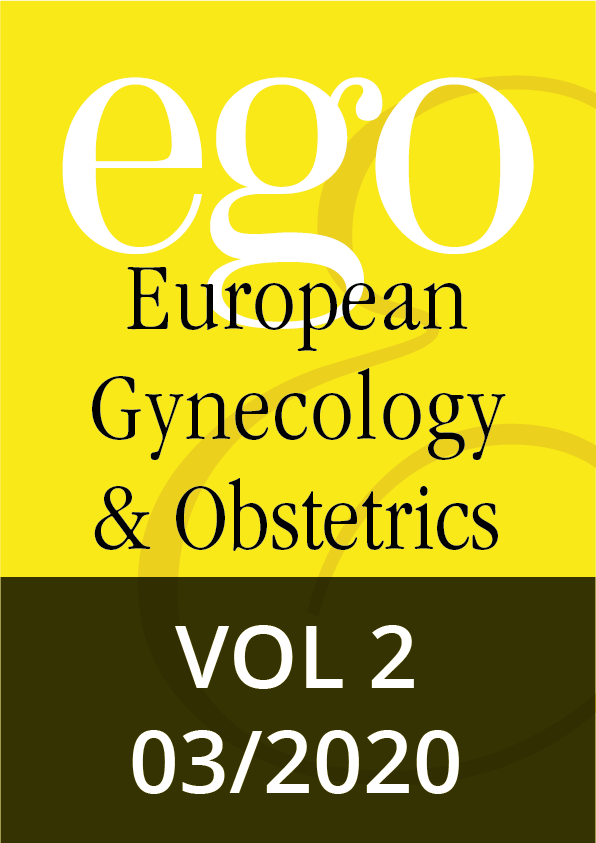Position paper, 134–148
Statements, 149–161
Reviews, 162–166
Case reports, 167–169
Case reports, 170–172
Case reports, 173–175
Original articles, 176–179
Original articles, 180–184
Original articles, 185–189 | DOI: 10.53260/EGO.202039
Original articles, 190–192 | DOI: 10.53260/EGO.2020310
Original articles, 193–196 | DOI: 10.53260/EGO.2020311
Book Review, 197–197 | DOI: 10.53260/EGO.2020312
Building better babies: should choline supplementation be recommended for pregnant and lactating mothers? Literature overview and expert panel consensus
Abstract
Accumulating evidence confirms choline as a critical, essential perinatal nutrient. Choline contributes to fetal and infant brain development with possible lifelong effects on cognitive function. Maternal choline supply supports placental health and reduces the risk of birth defects. Further, choline is involved in gene regulation during growth and development. Despite these apparent health benefits, choline intake in many pregnant and lactating women is insufficient. While US obstetricians and gynecologists are encouraged to recommend choline supplementation, their peers in Europe are less familiar with its importance. We provide an overview of the evidence and seek interpretation from an expert panel.
Keywords: Choline; prenatal supplementation; pregnancy outcomes; fetal brain development.
Citation: A. Caudill M.,Obeid R.,Derbyshire E.,Bernhard W.,Lapid K.,J. Walker S.,et al. Building better babies: should choline supplementation be recommended for pregnant and lactating mothers? Literature overview and expert panel consensus, EGO European Gynecology and Obstetrics (2020); 2020/03:149–161
Published: July 1, 2020
ISSUE 2020/03

Position paper, 134–148
Statements, 149–161
Reviews, 162–166
Case reports, 167–169
Case reports, 170–172
Case reports, 173–175
Original articles, 176–179
Original articles, 180–184
Original articles, 185–189 | DOI: 10.53260/EGO.202039
Original articles, 190–192 | DOI: 10.53260/EGO.2020310
Original articles, 193–196 | DOI: 10.53260/EGO.2020311
Book Review, 197–197 | DOI: 10.53260/EGO.2020312
